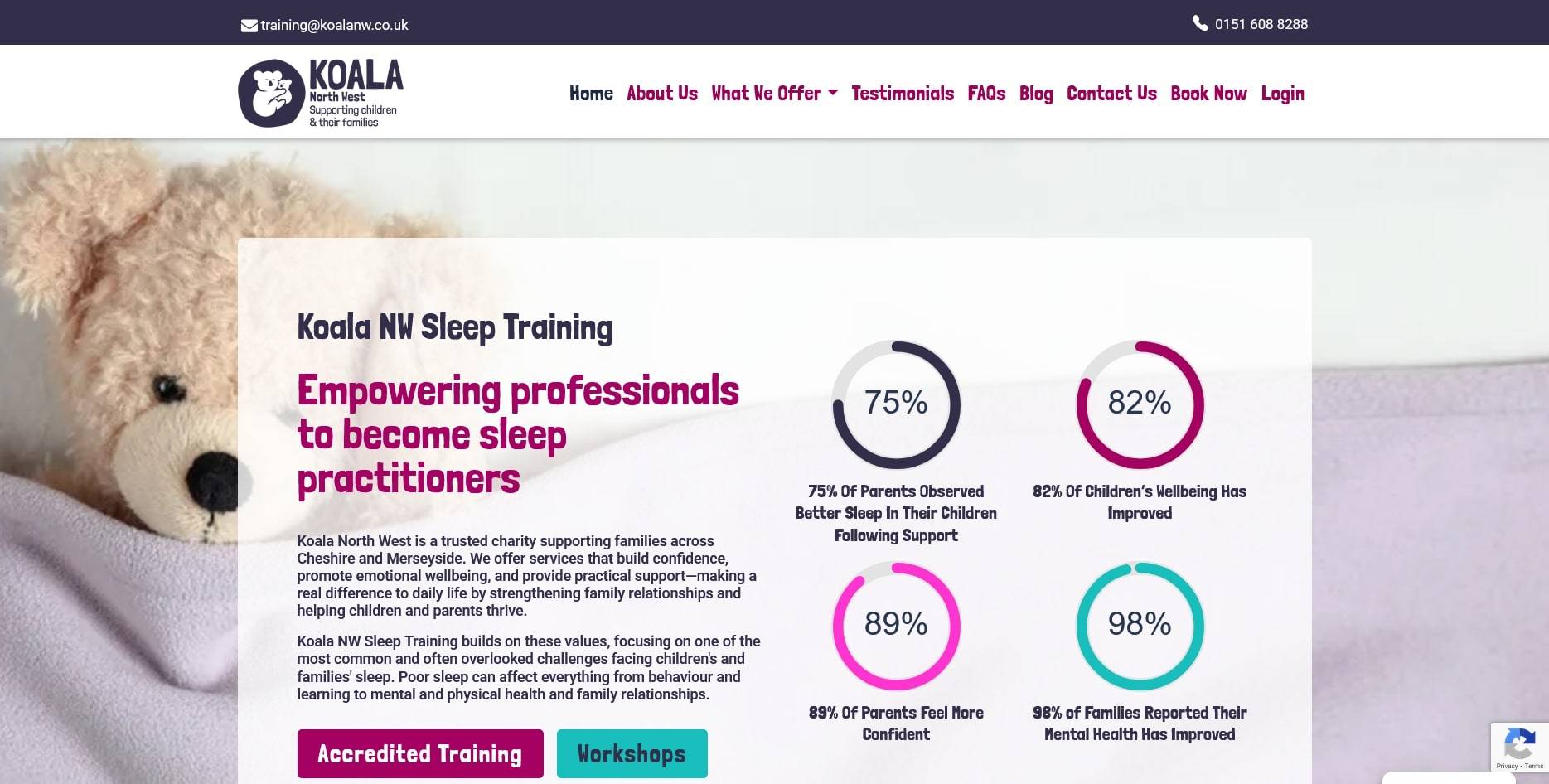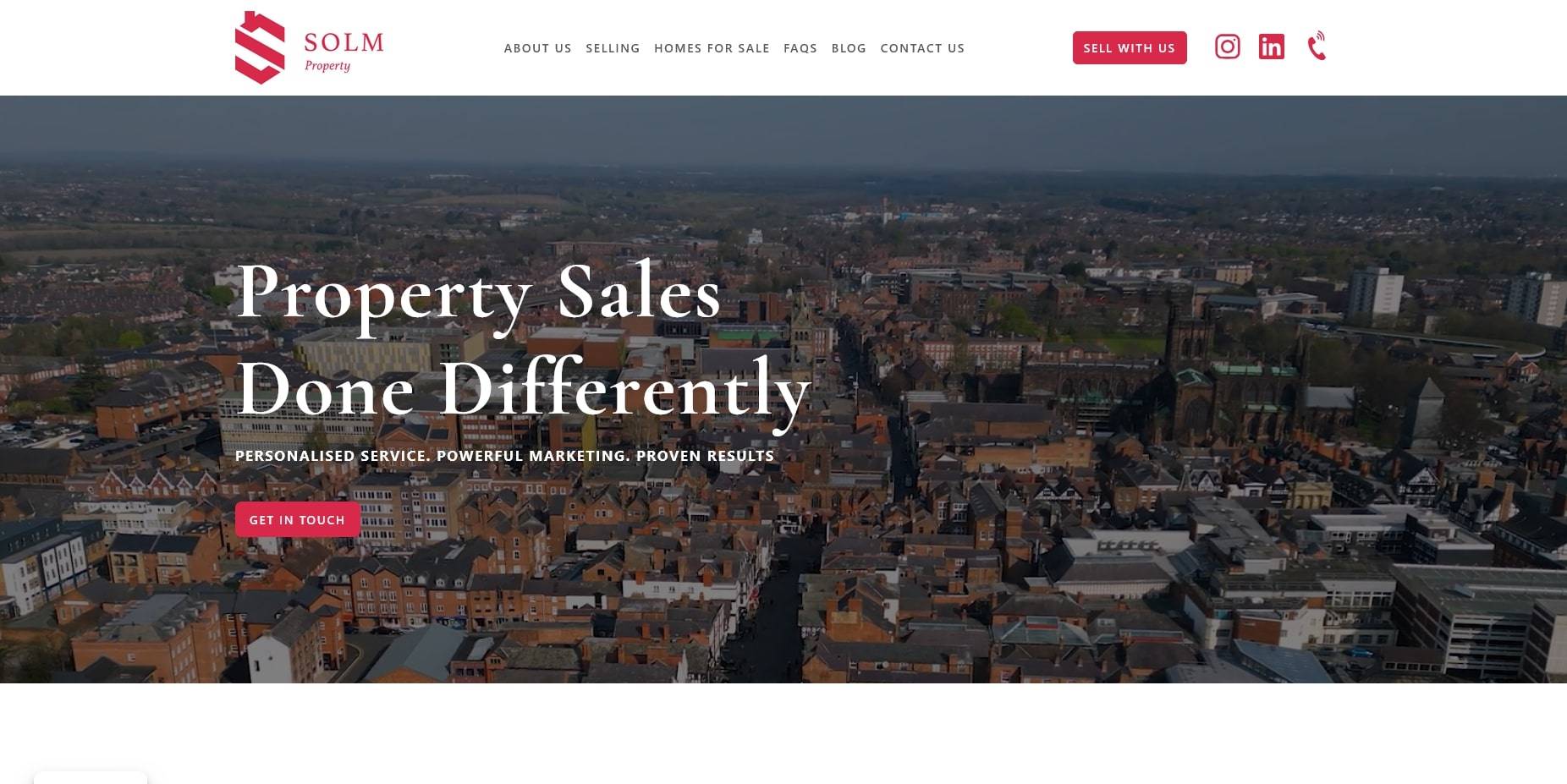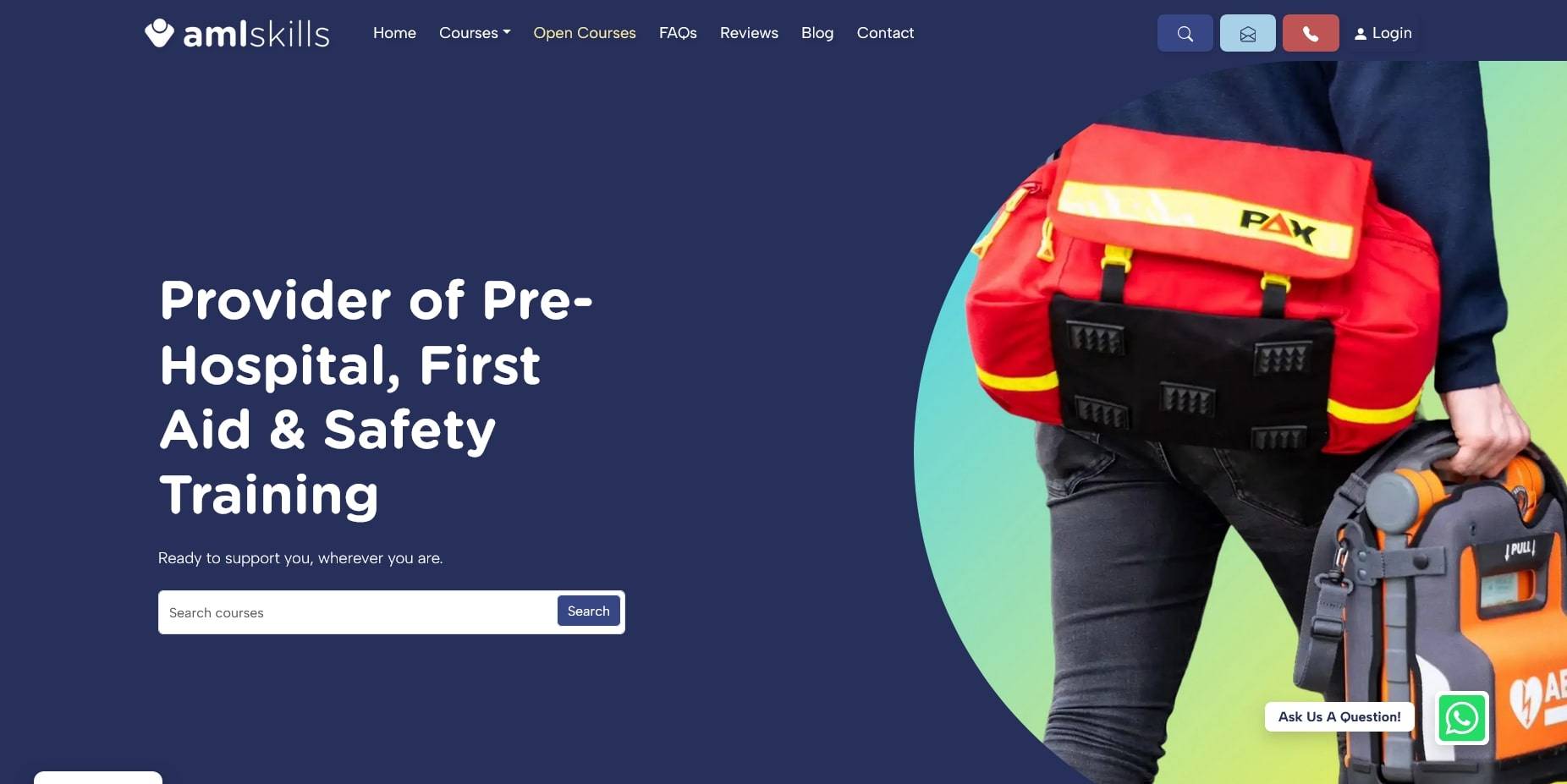Keyword research: are you missing out on under-valued, high-traffic generating keywords?
Keyword research is one of the first steps undertaken in most SEO plans and its importance can’t be overlooked. If an SEO plan was a house under construction, keyword research would provide the foundations. Much as with building construction, if you choose the wrong keywords for your SEO plan’s foundation, the resulting structure could come crashing down.
Many businesses, on first approaching SEO, feel that the keywords list is their one area of knowledge. If you’ve been operating your business for some time, you’ll know the terms your customers use when describing your site and your business. Simply write them all up in a list, and you have your website’s keywords, right?
Although most business owners will have a rough idea of the main, generic keywords in their industry, they are not likely to know the relative competitiveness of each term, alternative terms or the level of qualified traffic for each term without keyword research. There is nothing worse than spending a lot of time and effort getting a website to rank highly for a keyword, only to find there is not enough traffic to generate a return on investment and, in the meantime, your competitors have a head start on the revenue-generating alternatives.
This is why SEO professionals schedule keyword research as the first step in a site’s search engine optimisation strategy.
Keyword research: a few misconceptions
As with many things to do with search engine optimisation, there are a few misconceptions about keyword research. Let’s debunk some of them now.
*Keyword research isn’t necessary: There are many reasons to research keywords, just as there are many reasons to research your market before advertising. The success of your campaign rests on being able to identify the right keywords for your target audience
*Highly competitive keywords are the ones to go for: High-competition keywords are relatively difficult to approach and require a longer-term view; in the meantime, there’s no reason why you can’t benefit from qualified keywords that will generate a return on investment. If you’re a small company, or just starting with your site’s SEO, it should be part of the plan to target some low-competition keywords as well. Individually, the traffic rates may be lower, but you have a better chance of ranking highly relatively quickly, and overall the sum of many long tail keywords can add up to even more traffic – and that traffic often has a higher propensity to purchase too by this stage in the search cycle. For most businesses, a mix of competition levels for keywords is recommended
*A tight focus is best: It can be tempting to cost-save by choosing only a handful of high-competition keywords and concentrate all efforts only on the homepage of a website. At Engage Web, we have a holistic approach to SEO. This is because we believe, and experience has shown, that businesses do better when their SEO scope is broader. Concentrating all your energies on just a handful of keywords means that your site’s assets aren’t being put to full use
How to get your keyword research started
Although business owners won’t necessarily be able to approach their SEO companies with a researched keyword list in hand, it is possible to get your keyword research off to a good start. Use your resources with a quick brainstorm session with your staff, read through customer comments for common terms, and think about industry terms to get a rough list into shape.
At Engage Web, we provide a number of services for organic search engine optimisation. Keyword research is only the first stage – but it’s an important one. If your potential customers are searching using different phrases, how much traffic are you missing out on?
Contact us and get your search engine optimisation campaign off to a high flying start.








